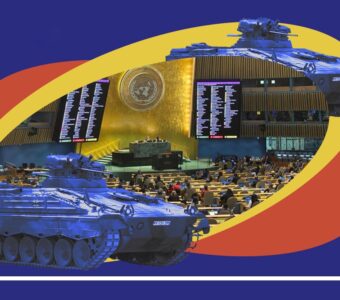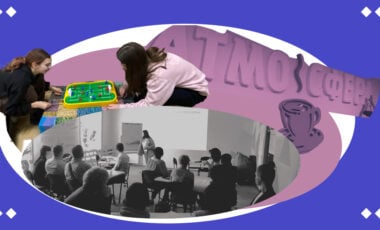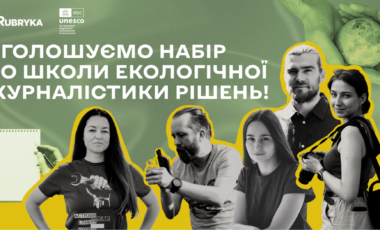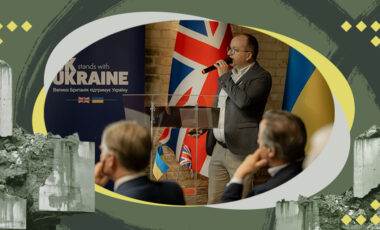Common people and Mongols are to blame for everything: Putin's article as a time machine
They say history has a habit of repeating itself. It seems that Russian politics has been playing a broken record for years.

Photo Getty Images
Speaking of "unity" in his article, Vladimir Putin said that he turned to history to better understand the present. However, the account of the "common history" of Russia and Ukraine, which Putin portrayed in broad strokes (or his entourage, giving the authorship to the Russian leader), is rather a marker for us that Russia is not going to satisfy its hunger from the "Weimer syndrome" only by occupying Crimea and the war in Donbas.
In his article, the head of the Russian Federation repeats the old imperial narratives, which were originally fused by Russian historians, and which were later modified, but with a similar connotation, and included in Soviet monographs, articles, and textbooks. First, Putin has been spreading the idea of a "triune people" for years. Thus, the President of Russia draws a beautiful picture of ancient Rus, repeating the Soviet historiography concept of the "cradle of fraternal peoples." The point that the people of that time perceived a rather ephemeral Rus as a single space doesn't stand up to any criticism in historical circles today. The majority imagined themselves to come from a particular land (Kyiv, Chernihiv, etc.), wasn't ethnically homogeneous, and the very territorial designation of "Rus" most often referred to the three principalities: Kyiv, Chernihiv, and Pereiaslav.
This publication is available in Ukrainian and Russian. The English translation hasn’t been produced yet. Support us to make the translation faster - follow the link for instructions



















































